|
Overview
Journey to Become a Chinese Teacher to non-Chinese Speakers
The BA(TCSL) programme aims to nurture professionals in teaching Chinese as a Second Language. Students enrolled in this programme will be equipped with:
|
Programme Aims
The BA(TCSL) programme aims to graduate students who have the following attributes:
|
Programme Features
The BA(TCSL) programme offers a “Chinese Language Strand” to its senior year entrants. Upon completion of this strand, students will be recognized by Standing Committee on Language Education and Research (SCOLAR) as graduates of a Chinese major degree. They will be eligible for Specialized Teaching under the current government policy and can further apply for local Postgraduate Diploma in Education (PGDE) programmes. This “Chinese Language Strand” is exclusively for the BA(TCSL) senior year entrants.
Note: The title “Chinese Language Strand” will appear in students’ academic transcript upon successful graduation.
In addition, “Chinese Language Strand” aims to equip students with:
|
Programme Structure
(for Senior Year Entrants)
| Total 60 Credit Points (cps) | |
|---|---|
Major# - Major Courses (24 cps) - Major Interdisciplinary Course (3 cps) - Cross-Faculty Core Course (3 cps) | 30cps |
| Electives (including Strand) | 15cps |
| Field Experience## | 3cps |
General Education | 6cps |
Final Year Project - Research Methods (3 cps) - Honours Project / Capstone Project (3 cps) | 6cps |
#Students are required to undertake visit(s) to GBA in Cross-faculty Core Course Component II. ##The Field Experience consists of (1) local school visit(s) and (2) a 4-week Field Experience (tentatively during May – June) in the international college of university in Chinese Mainland. | |
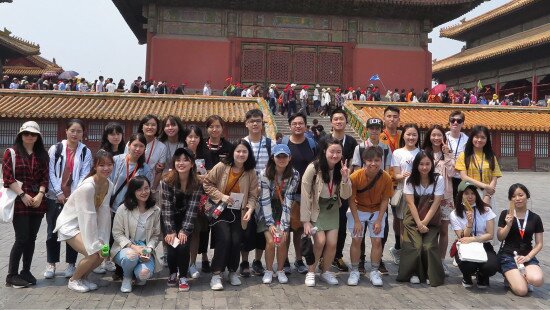 Field Experience
Students are required to participate in the Field Experience in their Semester 2, Year 3. The Field Experience consists of (1) local school visits and (2) a 4-week Field Experience (tentatively during May - June) in the international colleges of non-local universities. It aims to help students develop a comprehensive understanding of teaching Chinese as a second language through a range of structured activities from school visits to block practice in varied school settings. |
Career Prospects
“We have an exciting 4-week Field Experience at a globally respected university, renowned for its outstanding TCSL training in Chinese Mainland!”
“We aim to teach Chinese to non-Chinese students. We can further apply for a Postgraduate Diploma in Education to become a Chinese teacher after graduation.” |
Programme Activities |
Employment Highlights (2023)
Employment Status


Others
Employment Field

Education

Non-Education
BA (Hons) in Teaching Chinese as a Second Language
教大漢語二語教學課程培育專才 促進本地非華語生中文教育
在香港這座薈萃東西的國際都市,有來自世界各地、不同種族的人選擇在此落地生根。少數族裔要融入本地華人社區有一定難度,中文教育是其中一大難關。
「很多學校都有非華語生。」教大中國語言學系助理教授張凌博士分享道。隨著非華語學生的教學需求大增,教大因時制宜,率先在2016年推出「漢語作為第二語言教學榮譽文學士」課程,旨在培育教師專才,成為非華語生漢語學習路上的良師益友。
Enquiries For Programme Information Tel: (852) 2948 7247 Email: a4b087@eduhk.hk
For Admission Information Tel: (852) 2948 6886 |
Disclaimer:
- Classes will be held in Tai Po Campus and Tseung Kwan O Study Centre / North Point Study Centre / Sports Centre / Kowloon Tong Satellite Study Centre as decided by the University.
- Every effort has been made to ensure the accuracy of the information contained in this website. Changes to any aspects of the programmes may be made from time to time as due to change of circumstances and the University reserves the right to revise any information contained in this website as it deems fit without prior notice. The University accepts no liability for any loss or damage arising from any use or misuse of or reliance on any information contained in this website.
- Any aspect of the courses and course offerings (including, without limitation, the contents of the course and the manner in which the course is taught) may be subject to change at any time at the sole discretion of the University if necessary. Without limiting the generality of the University’s discretion to revise the courses and course offerings, it is envisaged that changes may be required due to factors including staffing, enrolment levels, logistical arrangements, curriculum changes, and other factors caused by change of circumstances. Tuition fees, once paid, are non-refundable.
- Students admitted into this programme are required to visit the Greater Bay Area (GBA) and/or other parts of Chinese Mainland. The programme may also require students to participate in other non-local learning experience for completion of the programme. While the visits are subsidised, students are required to contribute part of the estimated cost of the visits ("students’ contribution"), whereas any personal entertainment, meals expenses, travel document fee and personal insurance costs shall be at students’ own expense. The estimated cost of the visits and students’ contribution for students admitted to the coming cohort is yet to be available due to a variety of factors such as inflation of cost of the visits, trip duration, traveling expenses, the exchange rate, etc.




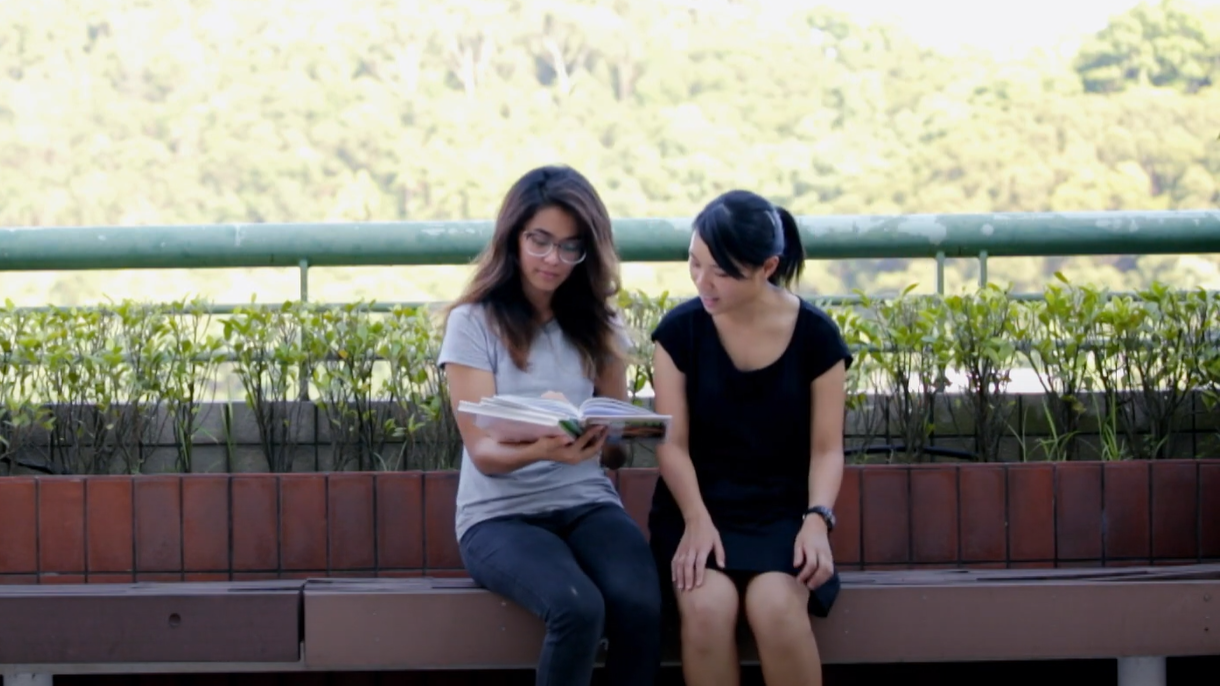
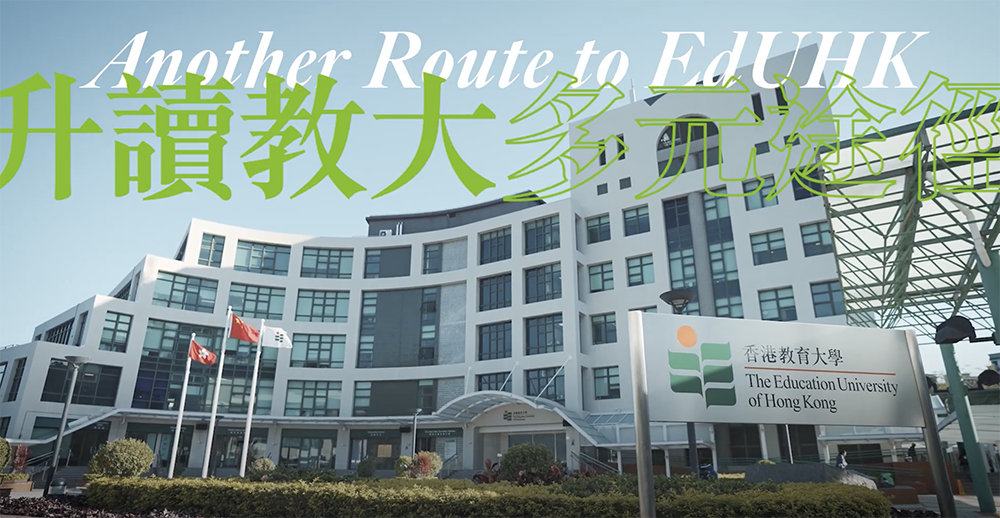
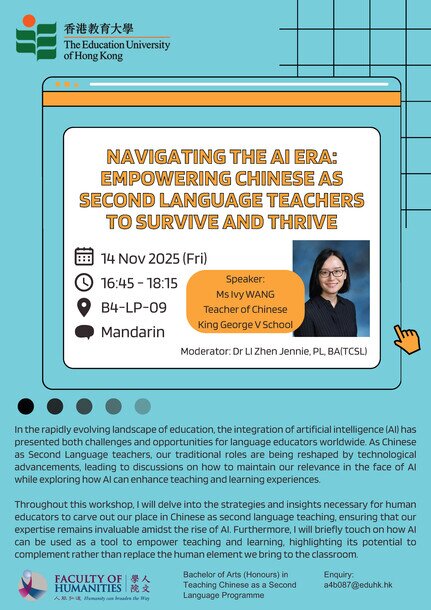
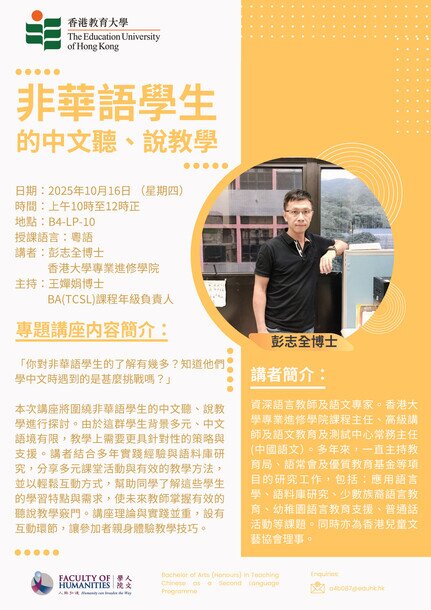
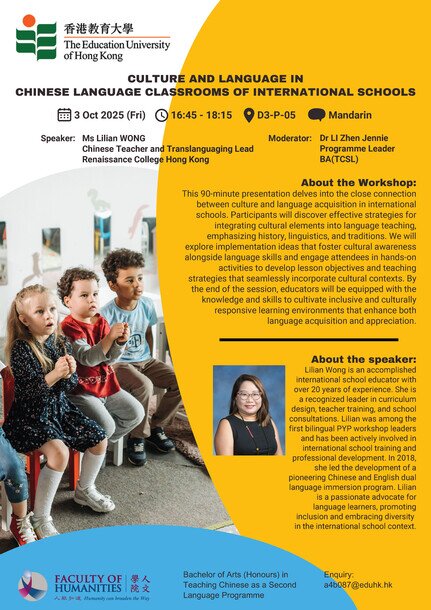
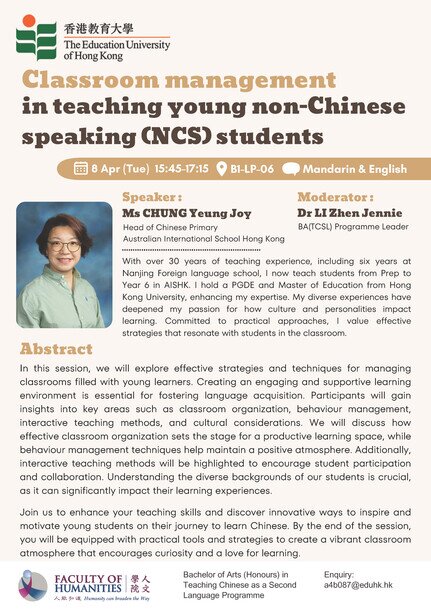
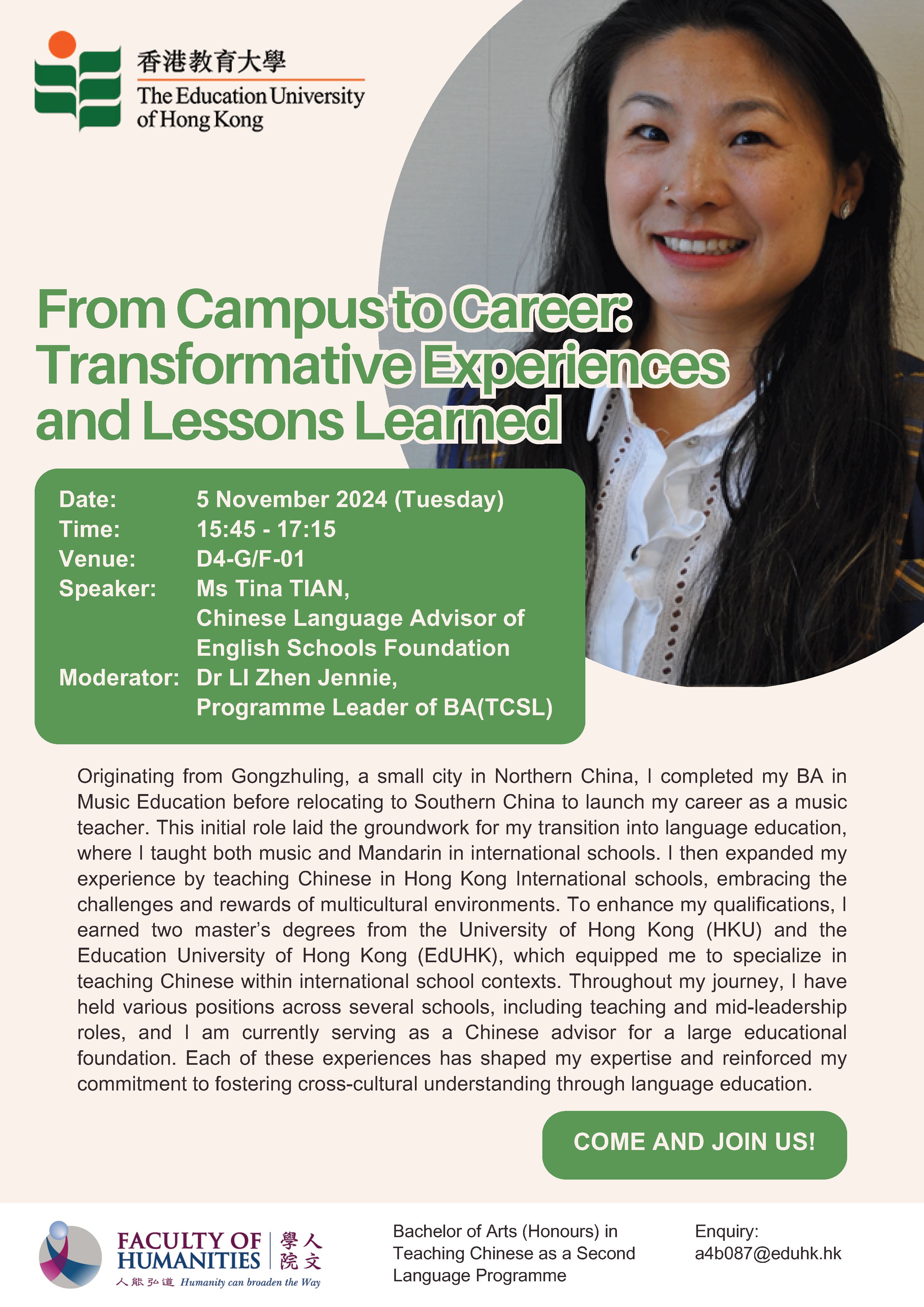
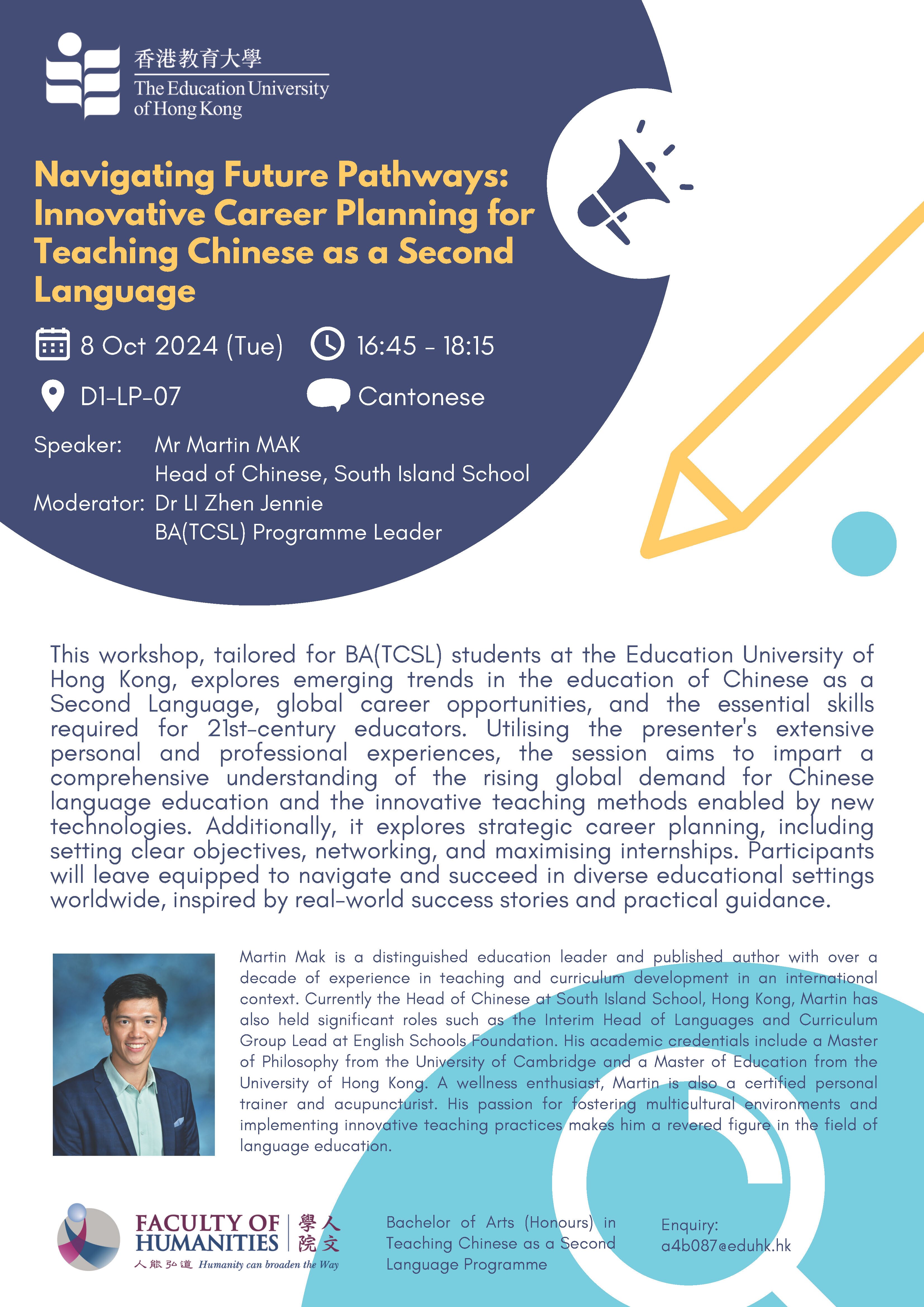
_1_1693969133.jpg)
_2_1693969145.jpg)